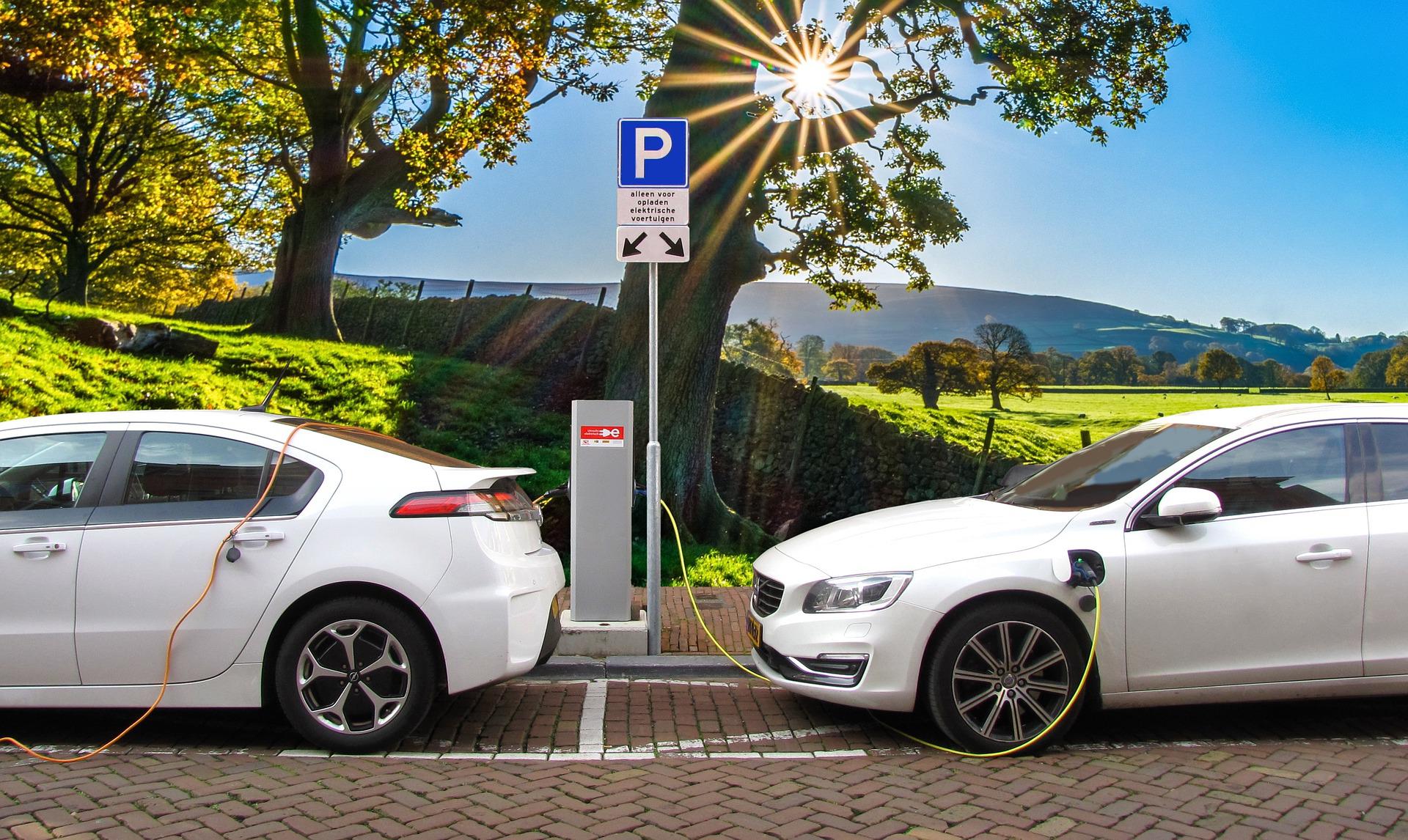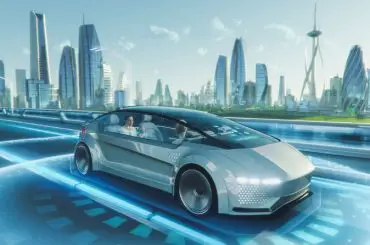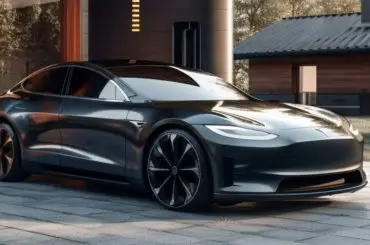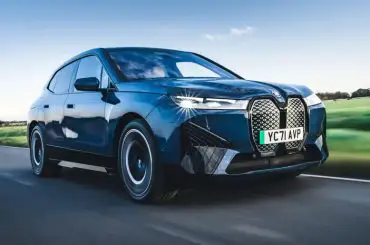UK electric vehicle use is increasing. It is becoming increasingly popular for more people to use electric vehicles (EVs) because of the wide range of models, improved battery life, and increased range. So, do you think 2022 will be a good year to make the change? For your convenience, we’ve compiled a comprehensive overview of the environmental, economic, and driving advantages of electric automobiles. Which are the 10 most basic Benefits of Electric Cars? This post will explain them.
Contents
1. There will be no pollution.
Finally, something significant. Because electric vehicles don’t need any fossil fuels to power them, they emit no pollution. Climate-changing gases such as carbon dioxide and other greenhouse gases. Aren’t produced. Sooty particles, which are common in urban areas where cars frequently stop and start, are also absent. Respiratory disorders like asthma have been related to a surge in poor air quality. The average annual CO2 emissions reduction from one electric car is 1.5 million metric tons. The cost of four round-trip tickets to Barcelona would be around the same.
2. Fuel with fewer pollutants
Cars powered by gasoline or diesel are powered by fossil fuels. Refined from raw materials extracted from the ground. The energy necessary to charge an electric vehicle, on the other hand, is significantly cleaner, especially if you are on a green tariff because our electric system now has more renewable energy than ever before. You may take steps to ensure that you’re charging with the cleanest energy possible, even if you’re on a normal rate. One option is to use the free EV.energy app to charge your electric vehicle more efficiently. In order to make charging as environmentally friendly and economically feasible as possible, we’ve developed an app that connects your car or charger to the grid.
3. The use of energy in manufacturing
The lithium-ion batteries in electric cars require more energy to manufacture than conventional cars, but even after accounting for battery manufacture, electric vehicles are still a greener option than petrol or diesel cars due to the reduction in emissions over the lifetime of the car’s motor and battery systems. In the future, the amount of energy needed to generate electric vehicles will be reduced as battery technology improves and reusing and recycling old batteries becomes more feasible. Reusing batteries to store energy in our homes is one possibility. We could cut our dependency on fossil fuels even more if we could store excess electricity generated by the grid on windy or sunny days.
4. Reduced expenses of operation
In the beginning, it may be more expensive to buy an electric car. Be equivalent to that of a gasoline or diesel car, but operating costs are much lower, especially over the course of ownership. The savings on fuel alone can be enormous. Unleaded gasoline for the average car costs roughly £65 per fill. If your energy tariff allows it, you can drive 100 miles for as little as £1 with an EV charging cost of 1-10p per mile. Because you can only charge when the grid’s demand is low, and energy is cheaper, you may reduce your costs even more with smart charging. Allows you to choose how long you want your battery to be fully charged and then charge at the most cost-effective intervals to save electricity.
5. Reduced expenses for upkeep
The onboard charger, inverter, and electric motor are the only three major components of an electric car. With fewer moving parts to damage, there is less wear and tear on the vehicle. All of this implies that you won’t need to have your EV serviced very often, and the repairs will be inexpensive in the vast majority of circumstances.
6. Tax incentives
There are tax advantages for electric automobiles as well. For the time being, EVs are exempt from the car tax. The Company Car Tax (CCT) will be lowered to just 1% in 2022 in an effort to encourage the use of electric vehicles. In addition, businesses can take advantage of Benefit in Kind tax rates and 1A National Insurance payments when purchasing electric vehicles for their employees.
7. Secondary costs will be reduced.
Many UK cities, from Bath to Bradford, have either implemented or are planning to implement clean air zones in an effort to reduce pollution. Charges for business vehicles are now in place and will be extended to private automobiles in the near future. If you want to drive into the city, you can still do so. But you will be charged a fee to do so. The congestion charge in London, which is now £15 per day, does not apply to electric vehicles. Several local governments also provide free parking spaces for electric cars. For example, electric vehicle owners in Milton Keynes have access to 15,000 free parking spaces across the city center.
8. Re-sale value is increased
It appears that the value of electric automobiles is maintaining steady. Existing electric vehicles are selling well, thanks in part to long-lasting batteries. There will be a significant demand for pre-owned electric vehicles for a long time, given the government’s goal of going completely electric by 2040 and reaching net-zero carbon emissions by 2050.
9. A more leisurely experience behind the wheel
In comparison to diesel and gasoline-powered cars, electric vehicles are quieter and provide a more enjoyable driving experience. There is no need to constantly shift gears when simply “drive,” “reverse,” and “park” are available. Driving is a lot less stressful when all you have to focus on is braking and accelerating. This is especially true in densely populated places where stop/start traffic is the norm due to traffic lights and queues. The M25 will be a lot less stressful with an electric vehicle.
10. Spectacular show!
Instant torque is a feature of all electric motors. As soon as you press the accelerator, you’ll feel a surge of speed from the automobile that’s ideal for getting out of traffic and squeezing through traffic. The additional benefit of using regenerative braking is that you can recoup some of the charges you put out when you let go of the throttle. The EV battery pack is typically located on the floor of the vehicle, which provides great weight distribution and balance. It’s a breeze to navigate bends and roundabouts because of the car’s very low roll.
conclusion
While it’s true that electric cars are a cheaper and more efficient way to travel, there are The 10 most basic Benefits of Electric Cars. A rising number of consumers are realizing that buying an electric car is a smart financial, environmental, and driving decision. Batteries, charge times, and infrastructure for charging are all expected to get better over time, making electric vehicles more appealing. It’s now a question of when, rather than if, to move to electric vehicles because of government policy and regulation.





